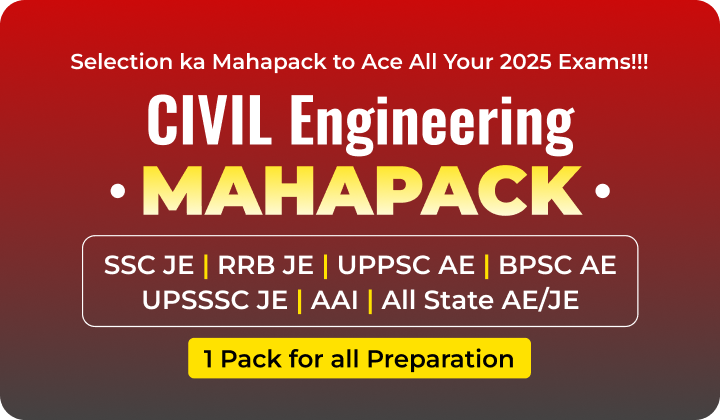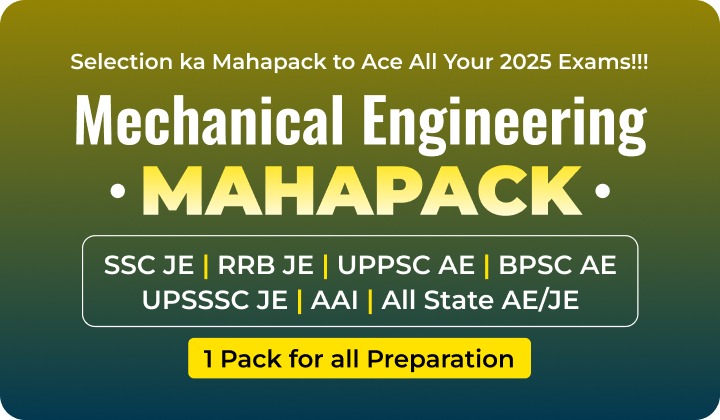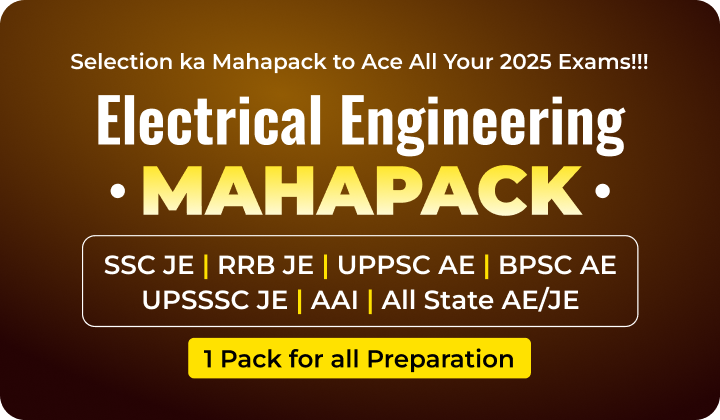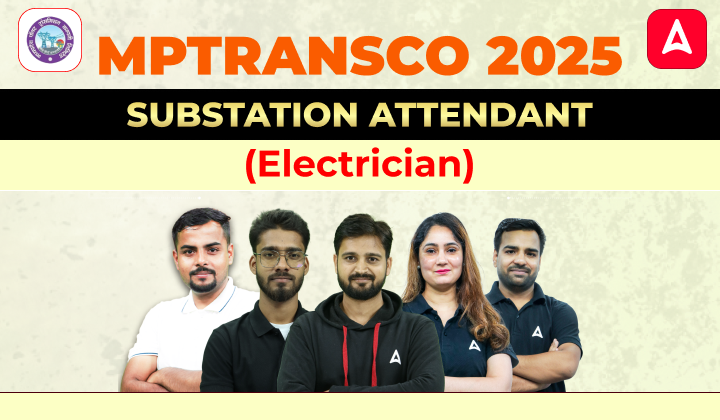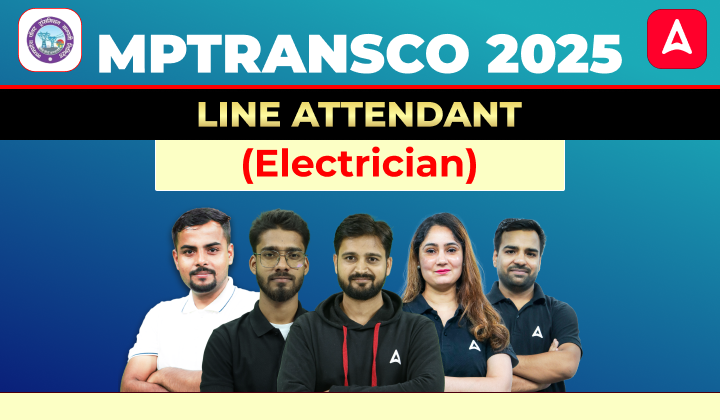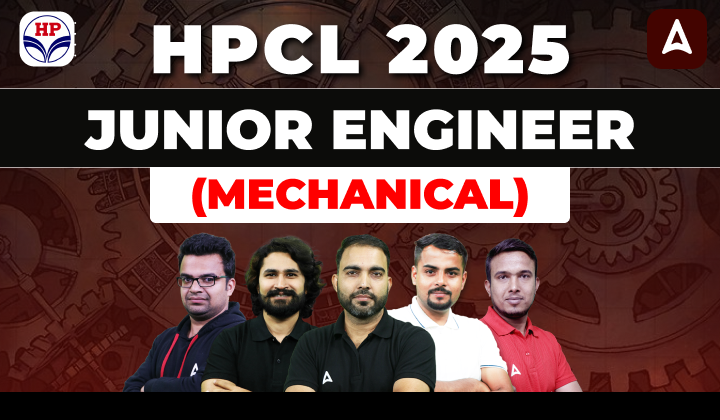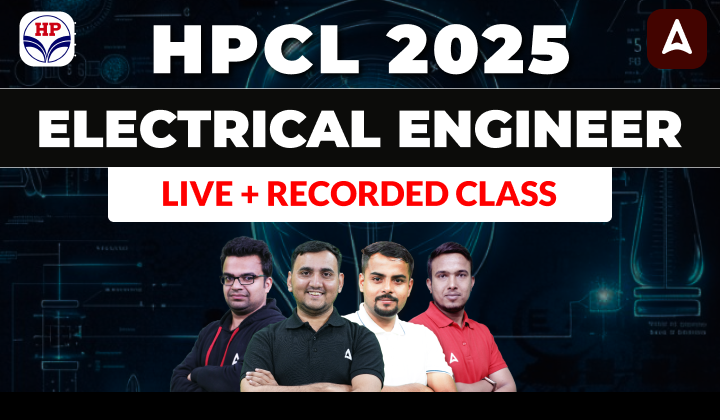Table of Contents
Rajasthan State Pollution Control Board will conduct the written test for shortlisting the candidates for the 98 Junior Environmental Engineer and Junior Assistant posts. The candidates preparing for the RSPCB Exam 2024 are searching for the RSPCB JEE Syllabus 2024 to make a top-notch exam strategy. The detailed RSPCB Junior Environmental Engineer Syllabus 2024 for the technical and non-technical sections is covered here.
RSPCB JEE Syllabus Detailed
The proper command of the detailed RSPCB JEE Syllabus is going to be the primitive step to be taken by the aspirants to qualify for the exam with a good score. RSPCB JEE Syllabus for Part A and Part B of the test is covered in this article:
RSPCB Junior Environmental Engineer Syllabus for Part A
Part A in the RSPCB JEE Exam will encompass technical questions from the discipline the applicant has opted for. The topics included in the RSPCB Junior Environmental Engineer Syllabus for Part A is as follows:
Environmental General Knowledge
- National/International events related to the environment and a common understanding of environmental processes
- National Green Tribunal Act, 2010
- Pollution Indices
Industrial Waste Water Engineering
- Unit processes/Operations related to water and wastewater treatment, namely Equalization Coagulation; Flocculation; Settling; filtration; Disinfection; Aeration; Adsorption, etc.
- Physical, chemical, and biological characteristics of water and Sewage
- Activated sludge process and its modifications; treatment ponds and aerated lagoons
- Trickling filters
- Rotating biological contactors
- Sequencing Batch reactor and Membrane Batch Reactor
- Anaerobic digestion
- Anaerobic filter and UASB
- Nitrification & De- nitrification
- Characteristics and treatment of wastewater from Textile
- Tannery
- Dairy
- Distillery
- Pharmaceutical Industry
- Organic Chemical
- Vegetable Oil Refinery
Air and Noise Pollution
- Sources of air pollution
- Properties of air pollutants
- Meteorological factors influencing the dispersion of air pollutants
- Gaussian plume model for dispersion of air pollutants and its applications, Effects on human health. Control technology for particulate and gaseous pollutants from industries
- Air pollution due to Automobiles and emission control
- Basic noise pollution, Measurement, and management of noise
- Permissible noise levels in different zones, Effects of noise on human beings, Ambient Air Quality standards & Air Quality Index
Environmental Impact Assessment
- Basic concept of Environmental Impact Assessment, Environmental Impact Statement, and Environment Management Plan
- Prediction and assessment of impacts on air, water, biota, noise, cultural and socioeconomic environment
- Rapid and comprehensive Environmental Impact Assessment
- Environment (Protection) Act 1986, its amendments, and various rules /notifications made there under the Water (Prevention & Control of Pollution) Act, 1974, Air (Prevention & Control of Pollution) Act, 1981
Municipal Solid Waste
- Solid waste viz; municipal, biomedical, hazardous, e-waste, plastic waste etc
- Municipal Solid Waste generation; classification; characterization; analysis
- Onsite Collection Handling, storage Transport, and Processing of solid waste
- Recovery of Resources, Conversion Products, and Energy generation from solid waste
- Hazardous waste definition
- Risk associated with hazardous waste & its Assessment
- Waste Minimization
- Priorities in hazardous waste management; hazardous waste treatment.
RSPCB JEE Syllabus 2024 for Part B
The RSPCB JEE Exam, Part B is going to judge the knowledge of applicants in the non-technical domain from the following topics:
- History
- Art and Culture
- Traditions
- Literature
- Heritage and Geography of Rajasthan
- Mathematics
- Reasoning
- Current Affairs.
RSPCB Syllabus 2024 PDF
RSPCB Syllabus 2024 PDF has been uploaded by the Rajasthan State Pollution Control Board for the vacancies of Jr. Environmental Engineer (JEE) and Junior Assistant (JA) on its official website. The candidates can download the official RSPCB Syllabus 2024 PDF through the direct link given below:
Click here to download the RSPCB Syllabus 2024 PDF
RSPCB JEE Exam Pattern 2024
The exam pattern creates the exact blueprint of the exam that should be known by the applicants who are preparing for the written test. The important points related to the RSPCB JEE Exam Pattern 2024 are given below for the reference of candidates:
- There will be a total of 150 questions in the written exam from part A and part B.
- Each question will be of 3 marks i.e. RSPCB JEE Exam 2024 will be of total 450 marks.
- The time duration of 3 hours will be given to solve the problems asked in the exam.
- There will be a negative marking of 1 mark for every wrong answer.
The crux of the RSPCB JEE Exam Pattern 2024 is summarized in the table below:
| RSPCB JEE Exam Pattern 2024 | ||||
| Section | Particulars | Questions | Marks | Time Duration |
| Part A | Environmental Science | 120 | 360 | 3 hours |
| Part B | General Knowledge | 30 | 90 | |
| Total | 150 | 450 | ||

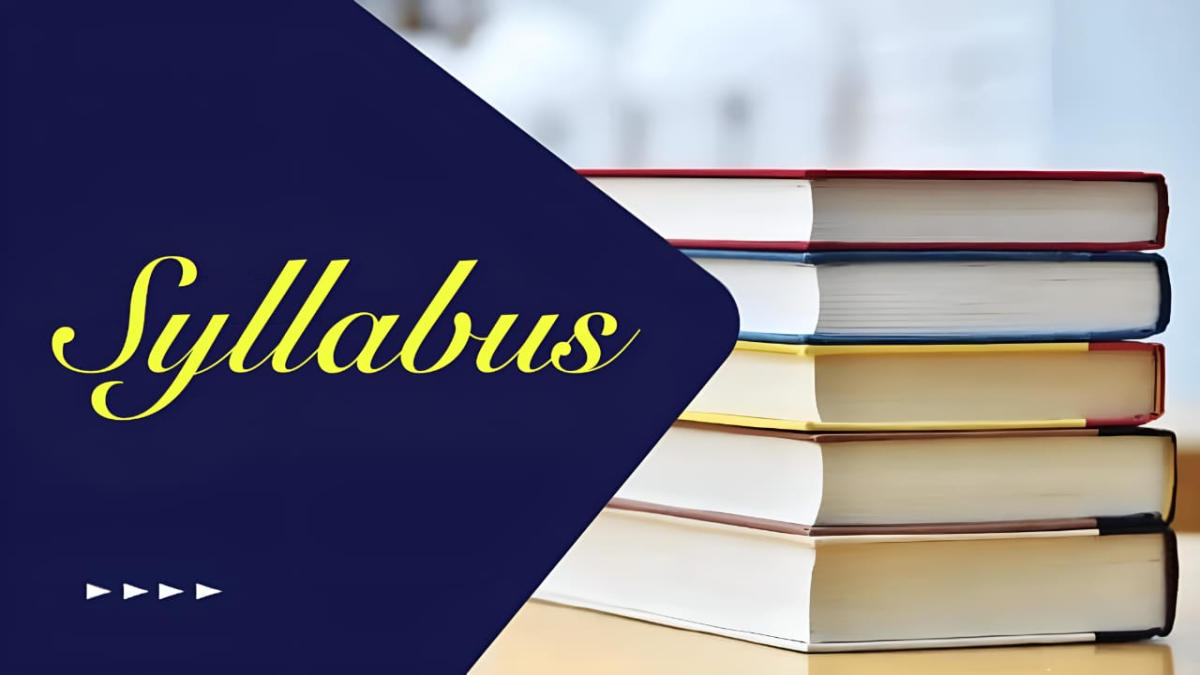
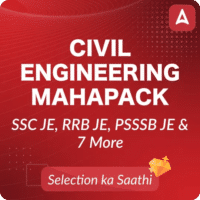

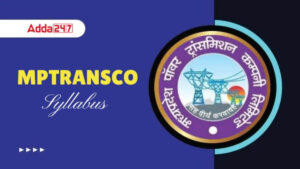 MPPTCL Syllabus 2025 & Exam Pattern,...
MPPTCL Syllabus 2025 & Exam Pattern,...
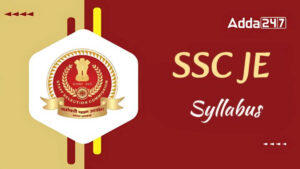 SSC JE Syllabus 2025 for Tier 1 and Tier...
SSC JE Syllabus 2025 for Tier 1 and Tier...
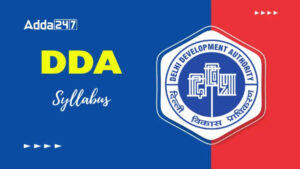 DDA JE Syllabus 2025 and Exam Pattern, D...
DDA JE Syllabus 2025 and Exam Pattern, D...

